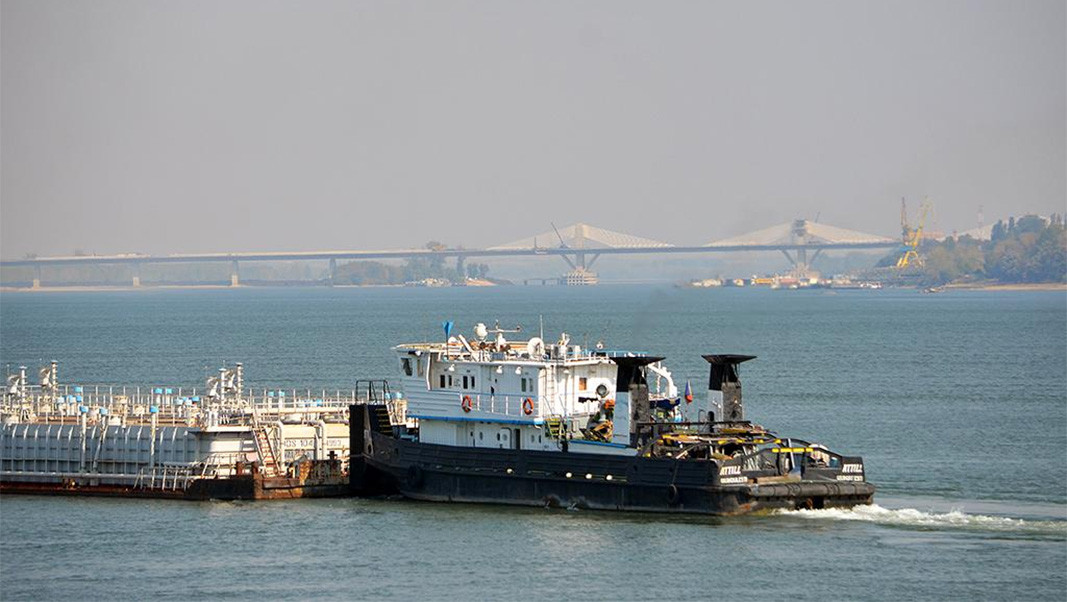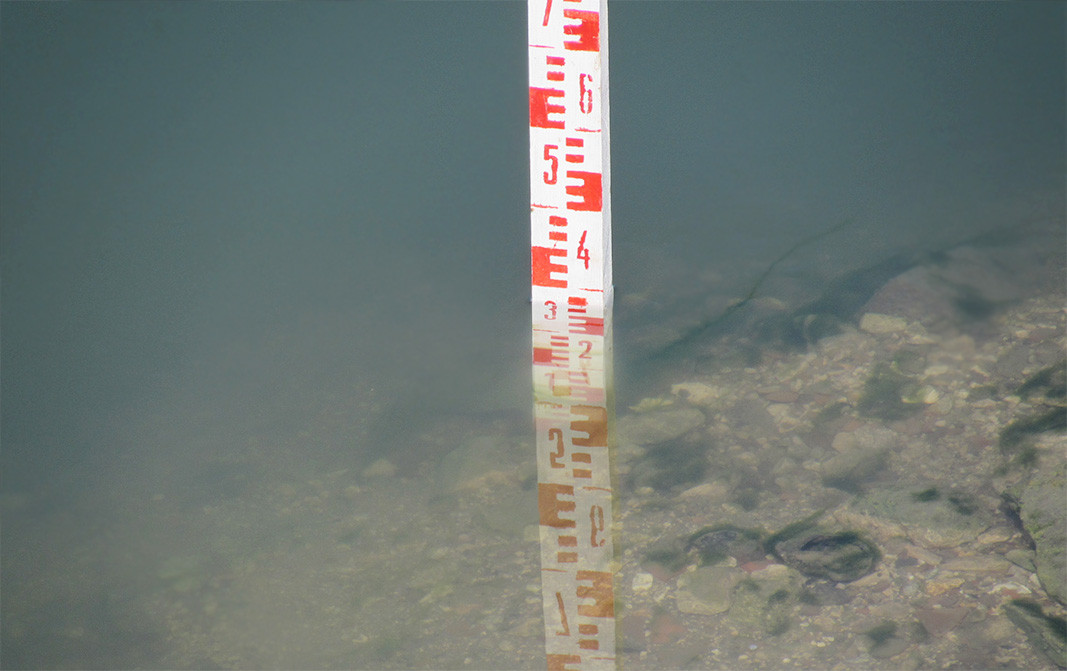On June 6, 2016, the listeners of the Bulgarian National Radio heard the bulletin on the level of the Danube in centimeters. The bulletin was needed for the unimpeded passage of ships through the Bulgarian section of the river. From that day on, information about the waterway has been obtained through other technologies.
The hydrological bulletin started to be broadcast back in 1949 as an obligation of this country under the Danube Convention and had been aired for 67 years every weekday after the news at 15.30. First, the ten Danube countries sent information about the river level through telegrams, then telex, then computers, and so on until the time of digital navigation systems.

"Our main task was measuring the river flow, because there is no human activity that can be done without water,” Ivaylo Boychev, hydrologist with 40 years of experience, says. “I am the only one of all my fellow hydrologists who has seen the highest water levels, as well as the double freezing of the Danube and the huge ice at Tutrakan. There were several meters of accumulated ice and bombs had to be dropped from planes."
The bulletin was extremely important for people on the river, says Nikolay Genchev an expert on the Danube and author of guides for its entire course.
"For some, this radio bulletin may have sounded monotonous or boring," he adds. "However, we, the people involved in shipping, expected it every day and it was very interesting and important for our work, because behind the phrases about the level of the river in centimeters there was the diverse and dynamic world of Danube shipping."

After its entry into the European Union, Bulgaria received assistance to modernize shipping and ensure its security in every respect. The former bulletin was included not only in the website of the Danube River Maintenance and Research Department, but also the modern BULRIS information system. In other words, the bulletin exists but this time it is in captains' computers.

"I'm sad because it was a tradition, thanks to which we heard our name every day," says Capain Pavlin Tsonev, director of the Executive Agency for Exploration and Maintenance of the Danube River that has existed for 60 years. "Today, thanks to our site, we can offer other forms of information - not only numbers showing the level of the river, but also what the individual sections look like and what the current conditions are."
Prof. Nikolay Nenov, director of the Rousse Regional Historical Museum also speaks with nostalgia about the radio bulletin on the river level.
"Having a 60-year tradition for most Western countries is nothing. We have it. Yes, it can be expensive. Here, however, we rely on prestige, on the signs that we transmit to ourselves and to others. At 15.00 the Bulgarian National Radio no longer mentions the Danube River and for many the river remains completely unknown - they just don't need it, and some may be even disgusted by its murky waters. But the Danube is special because it connects us to the heart of Europe.”

For many, the daily listing of the Danube cities in three languages was annoying and unnecessary information. Others still believe that the tradition established over the decades should not have stopped. Some time ago, fans of the bulletin even organized a petition to restore it, but as long as technology rules it will remain in history forever.
Editor: Diana Tsankova /based on interviews by Asya Pencheva, BNR correspondent in Ruse/
English: Alexander Markov
Photos: Radio Vidin, BGNES, rusemedia.com and archive
Radmila Sekerinska from North Macedonia appointed NATO Deputy Secretary General NATO Secretary General Mark Rutte has appointed Radmila Sekerinska from North Macedonia as the next NATO Deputy Secretary General. “I am happy to announce..
The traditional Bulgarian Christmas picnic, organized by the Bulgarian Cultural and Social Association "Rodina - Sydney" and the Bulgarian School "Dr. Petar Beron", will take place on December 8 , 2024 in St. Leonards Park in Sydney. "We have..
The Bulgarian national minority in Albania is one of the largest in the country, according to data from the latest official population census. A total of 7,057 individuals identified as Bulgarians. For comparison, 23,000 people identified as Greeks,..
In the week of St. Andrew’s Day (also known as Bears’ Day or Mechkinden), WWF is drawing attention to six orphaned bear cubs who have been given a..
According to the Annual Report on the Health Status of Bulgarian Citizens for 2023, t he main cause of death in Bulgaria is diseases of the..

+359 2 9336 661
